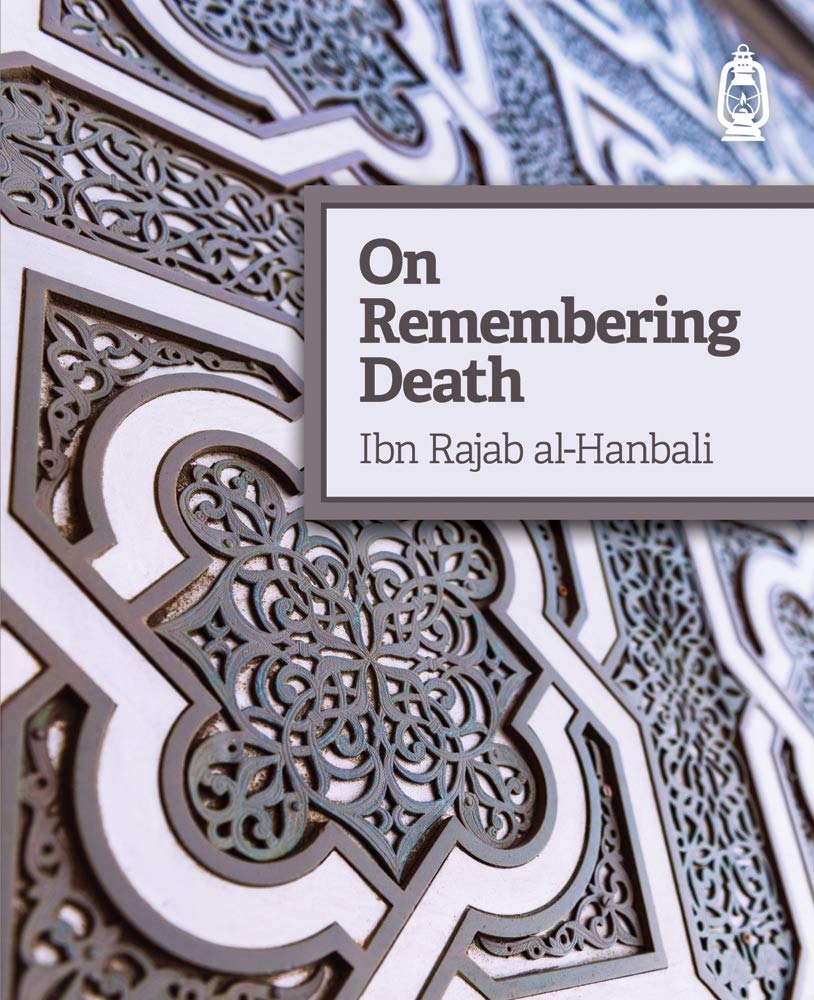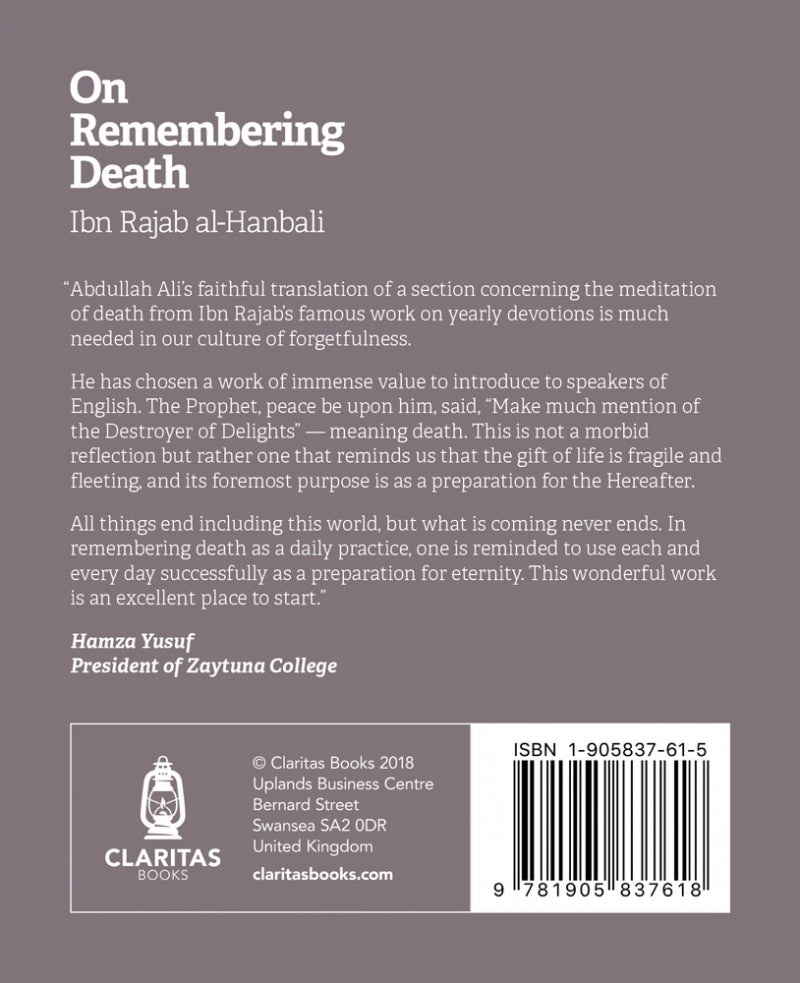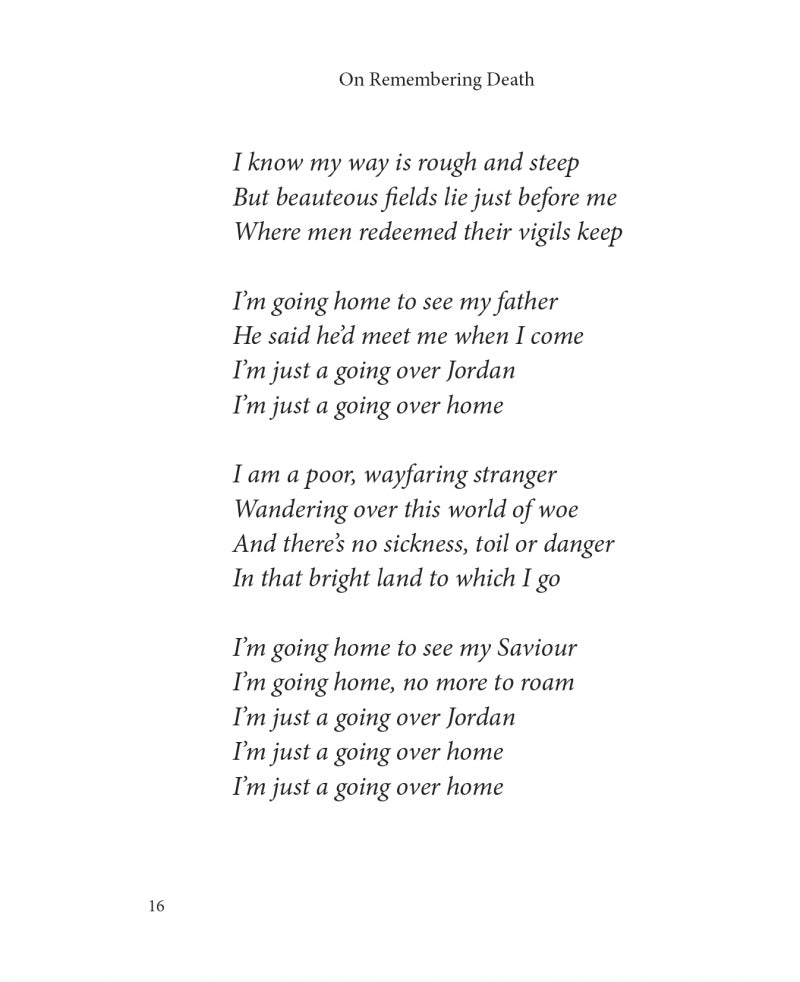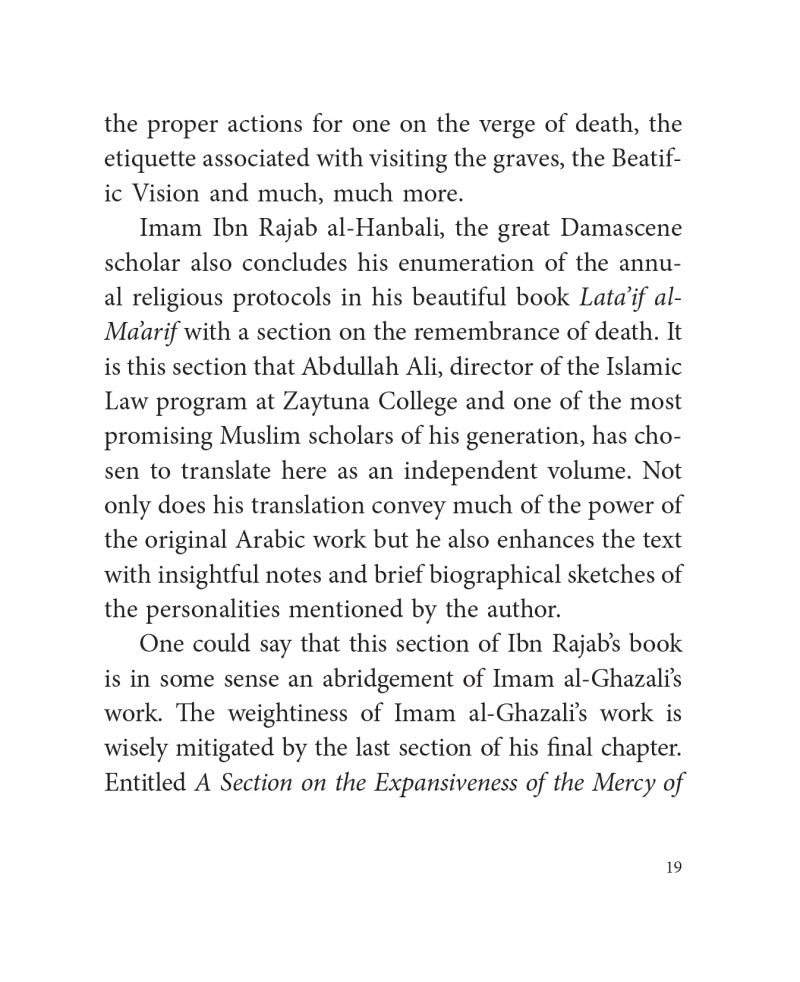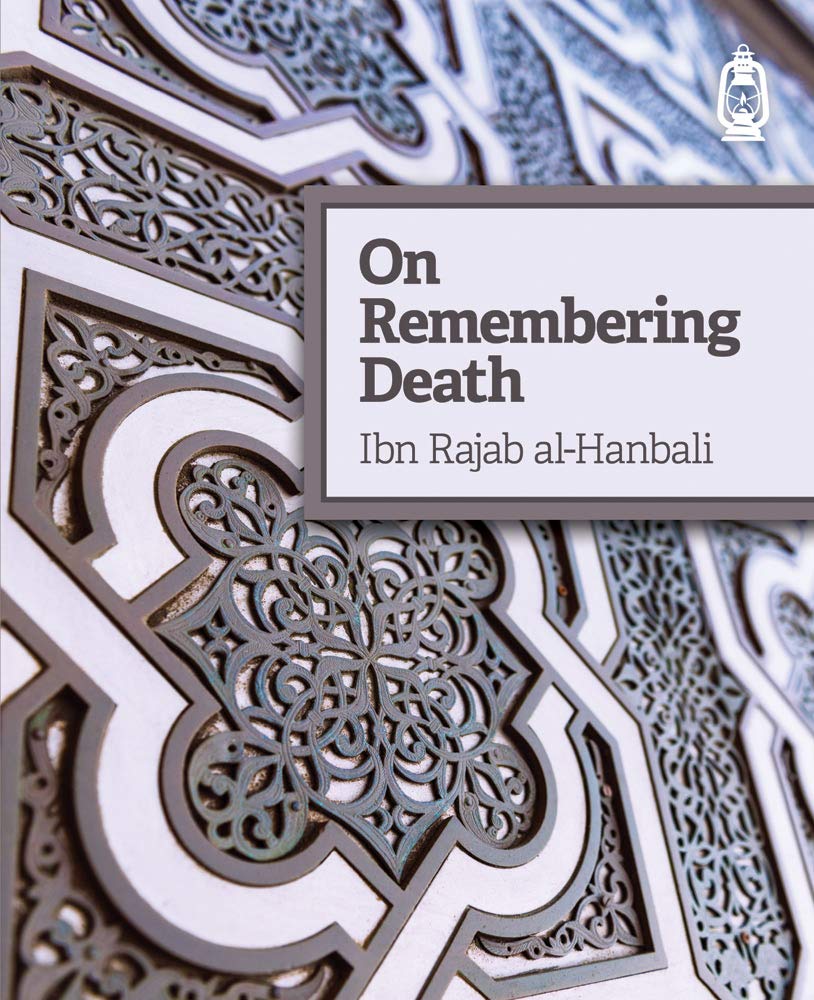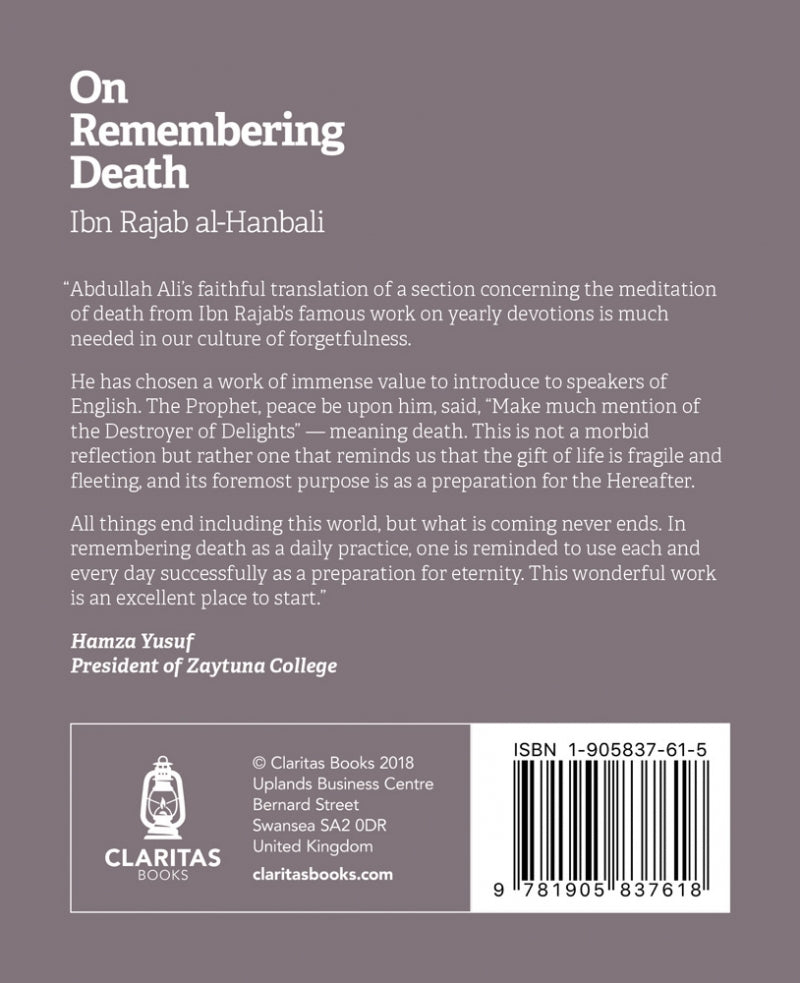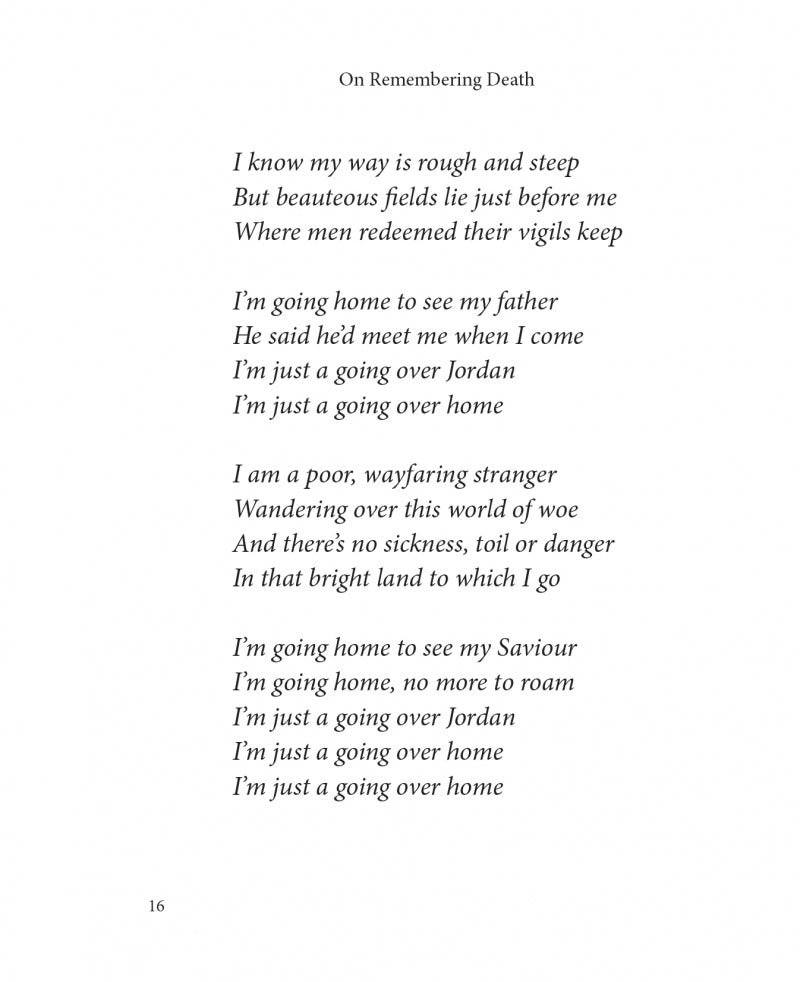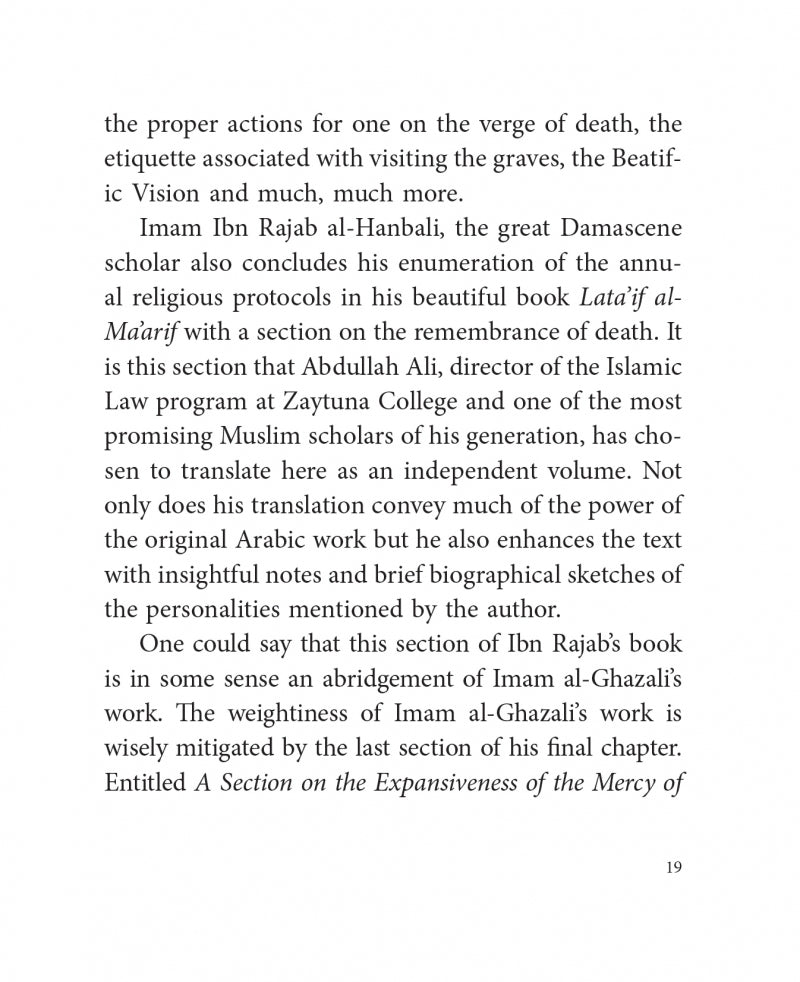About The Book
"Abdullah Ali's faithful transaltion of a section concerning the meditation of death from Ibn Rajab's famous work on yearly devotions is much needed in our culture of forgetfulness.
He has chosen a work of immense value to introduce speakers of English. The Prophet, peace be upon him, said, 'Make much mention of the Destroyer of Delights' - meaning death. This is not morbid reflection but rather one that reminds us that the gift of life is fragile and fleeting, and its foremost purpose is as a preparation for the Hereafter.
All things end including this world, but what is coming never ends. In remembering death as a daily practice, one is reminded to use each and every day successfully as a preparation for eternity. This wonderful work is an excellent place to start." - Hamza Yusuf, President of Zaytuna College
About The Author
Ibn Rajab al-Hanbali was a Muslim scholar born in Baghdad, Iraq in the year 736 AH/1335 CE and a popular exponent of the legal school of Imam Ahmad b. Hanbal. His father was known as Rajab al-Salami, and from this he acquired the byname, Ibn Rajab. At the age of eight, he relocated from Baghdad to Damascus with his father, and this is where he began his study of the Islamic disciplines. In Damascus, he studied the variant Quranic modes of recitation and amassed great knowledge from the Damascene scholars.
He would eventually travel in search of greater knowledge to Mecca, Egypt, and other regions. Ibn Rajab excelled in the study of hadith and became recognised as the greatest hadith master of his time. He was also an extremely effective sermoniser and lecturer who touched the hearts of his listeners through his wisdom and charisma. Also adding to his greatness is the love and esteem in which he was held by people of diverse ideological orientations. His writings reveal a wide range of expertise covering subjects like economics, law, legal maxims, hagiography, history, ethics, spirituality, exegesis, and most importantly, hadith science.
His biographers unanimously agree upon his piety, scrupulousness, ex- exemplary behaviour, charisma, wisdom, and mastery of the prophetic tradition. He died on the 14th day of the month of Ramadan in the year 795 AH/1392 CE and is buried in the Bab al-Saghir cemetery in Damascus.

